 |
| October 07, 2020 |
Dear Reader,
The 2020 Nobel Prize in Chemistry has been awarded to Emmanuelle Charpentier and Jennifer A. Doudna for the discovery of the CRISPR/Cas9 gene editing system. This is the first time the chemistry Nobel has gone to two women. Often described as "genetic scissors," CRISPR is being used all over science to cut DNA at specific spots selected by researchers. The revolutionary tool has enabled scientists to make precise changes in the long stretches of DNA that make up the code of life for many organisms, including people. |
| | Sunya Bhutta, Senior Editor, Audience Engagement
@sunyaaa | |
 |
| |
| |
| |
| |
| |
| |
| |
| |
| |
FROM THE STORE
 | | Ask the Experts: Chemistry In this installment of the Ask the Experts series, Chemistry, our professors, scientists and researchers tackle reader questions about the substances that compose all matter, their properties and how they interact and change. Queries range from elementary questions, such as why some elements change color over a flame, to how chemistry works in everyday life to how certain substances affect the body and more. |  | | |
| |
FROM THE ARCHIVE
 | | | |
LATEST ISSUES
 |
| |
| Questions? Comments?  | |
| Download the Scientific American App |
| |
| |




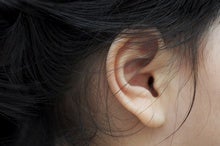






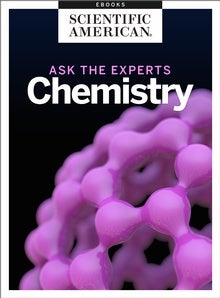

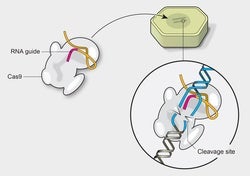
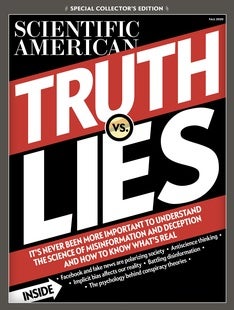

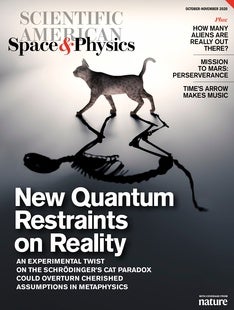
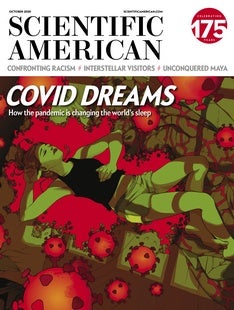
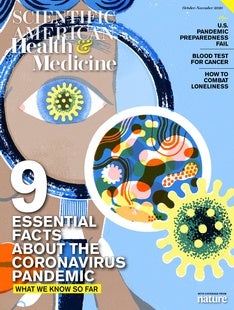



Comments
Post a Comment